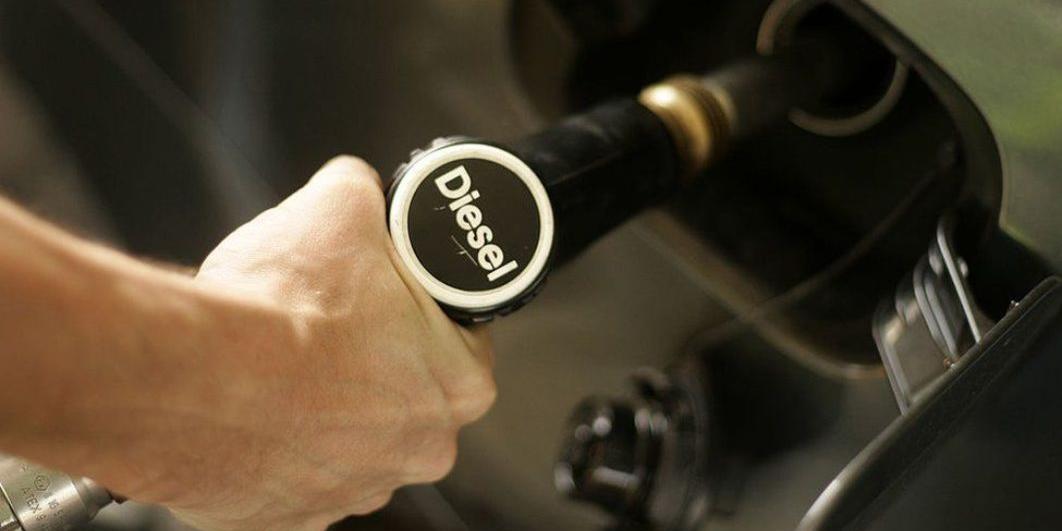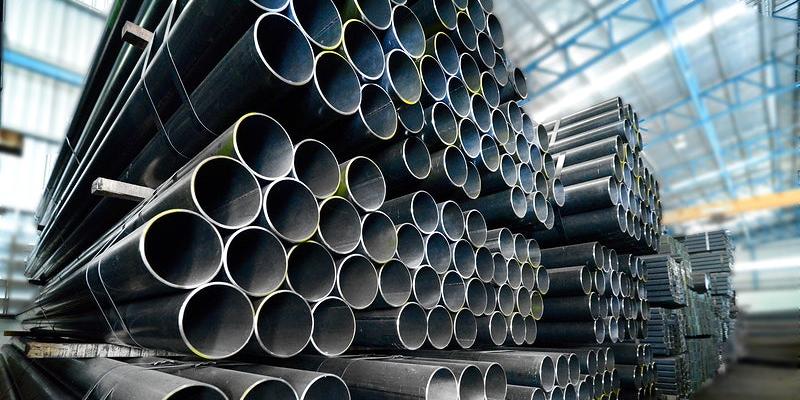Nigeria : ‘Manufacturers to face higher pressure over diesel, raw materials’
- 14 April 2022 / News / 470 / Fares RAHAHLIA

With key inflation drivers still under pressure, analysts and members of the organised private sector (OPS) have expressed worry that rising diesel prices and expensive raw materials are notable concerns for local manufacturers this year, especially those in the fast-moving consumer goods segment (FMCG).
Beyond the need for diesel for logistics, the stakeholders noted that the current model of high dependence on the national grid has not worked well to serve the economy, considering that the country is too vast for the highly centralized regime of national grid.
They argued that the continued ownership and control of the transmission component of the power supply chain is also a challenge to grapple with, a move that has seen many generating their electricity to bridge supply gaps.
According to the Centre for the Promotion of Private Enterprise (CPPE), to tackle inflation, the key drivers need to be addressed.
The CPPE noted that escalating energy costs, alongside poor power supply from the national grid, have consequences for the economy as these are reflected in the high production and operating costs across all sectors, high haulage costs due to diesel prices as well as potential suspension of operations for businesses that are unable to pass the costs to the consumers.
Similarly, analysts at FBNQuest have equally warned in a new report that rising diesel costs and uncooked materials prices are becoming a growing strain on FMCG firms.
The report stated the Russian-Ukrainian battle would probably negatively influence the group in 2022.
“The battle has pushed up commodity costs as supply chains modify. We see two new sources of value strain for FMCG companies in 2022 that are unusually excessive uncooked materials prices and vitality prices,” the analysts stated.
In line with the report, the primary merchandise imported by FMCG firms which can be affected are wheat, crude palm oil, corn and barley.
“Moreover, diesel costs are up greater than 150% month-over-month as a result of international shortages and forex shortage,” he stated.
Diesel is a vital gas for producers not linked to gasoline distribution strains, in addition to being essential for logistics and distribution.
The CPPE noted that the spiraling inflation dynamics deserves an urgent policy response at the highest level of government.
“The impact on citizens’ welfare is severe. The effect on SMEs is troubling. There is worsening social discontent, driven by poverty inflicted by inflation.
“The key drivers of inflation include high and increasing energy cost; worsening currency depreciation, escalating transportation cost, high import duty on manufacturing inputs, illiquidity in the forex market, bottlenecks in the logistics chain, security concerns and low productivity resulting from structural challenges and weak application of technology.
Central bank financing of the fiscal deficit is also a major driver of inflation.
“To tackle inflation, all forms of taxes and levies on the importation of petroleum products should be suspended to give a respite on the spiking energy cost. There should also be deeper stakeholder engagements across sectors to develop an enduring strategy on the way forward.
source: guardian.ng
 English
English
 français
français
 العربية
العربية







